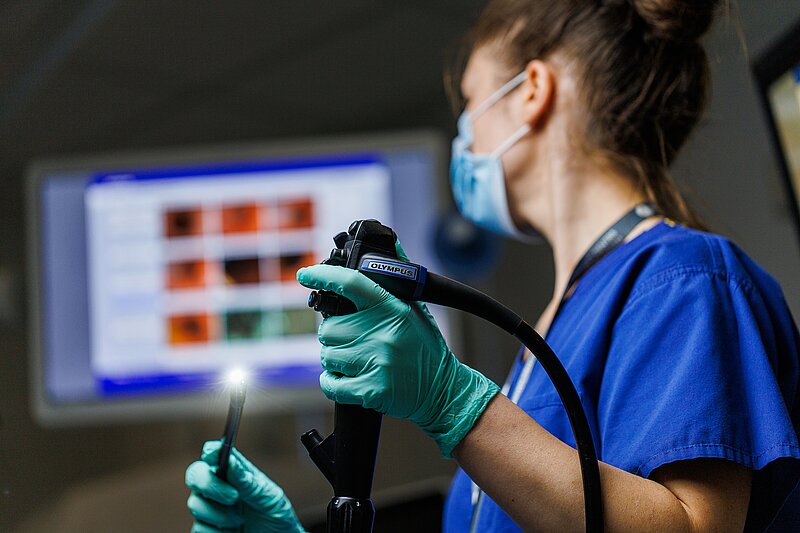Work Package 1: Project management and coordination

The objective of this WP is to ensure the successful implementation of the project in time with planned human and financial resources so that the project delivers all the outputs and meets all necessary reporting requirements. This WP consists of 4 tasks:
- project content and financial management;
- project monitoring and quality assurance;
- project meetings;
- reporting.
Work Package 2: Communication and Dissemination
The objectives of this WP link to the Specific Objective 3 of the overall project. The objectives of TOGAS communication, dissemination and visibility are:
- to keep the project target audiences and stakeholders informed on the progress made within the project;
- to share TOGAS activities, results and added value to relevant target audiences;
- to promote TOGAS outputs and results.
Work Package 3: Evaluation
The main goal of this work package (WP) is to evaluate the progress and outcomes of the projects in accordance with the initial plan, defined indicators, and ethical principles. This WP involves four main tasks:
- to review the plans for pilot studies in Work Package 4;
- to keep track of how these pilot studies are progressing, especially in terms of safeguarding personal data, and addressing any issues that come up;
- to assess the final results to see if they match the project's initial goals, how practical they are, and what future possibilities they suggest;
- to make sure that the project is being carried out ethically and helping develop ethical guidelines for gastric cancer screening planning and implementation.
Work Package 4: Pilot studies
The main goal of this work package (WP) is to evaluate the progress and outcomes of the projects in accordance with the initial plan, defined indicators, and ethical principles. This WP involves four main tasks:
- to review the plans for pilot studies in Work Package 4;
- to keep track of how these pilot studies are progressing, especially in terms of safeguarding personal data, and addressing any issues that come up;
- to assess the final results to see if they match the project's initial goals, how practical they are, and what future possibilities they suggest;
- to make sure that the project is being carried out ethically and help develop ethical guidelines for gastric cancer screening planning and implementation.
Work Package 5: Comprehensive analysis of the implementation possibilities of various gastric cancer screening modalities
The overall objective of this WP is comprehensive assessment of the current status and implementation possibilities of (various) gastric cancer screening modalities for the EU Member States. These are:
- assessment and analyses of the current practical and policy status of gastric cancer screening in MS, MS specific flowchart concerning necessary steps for approval of a screening programme, the existing gaps of knowledge;
- evaluation of the current status of the routine medical practice in H.pylori diagnostic and eradication strategies in the MS to the relevant policies in MS for delivering suggestions on improvements to be made;
- assessment of the feedback from (1) the potential individuals to be screened, (2) pilot study representatives and (3) communicative and cognitive vulnerable populations on the feasibility and acceptability of various screening strategies.
Work Package 6: Cost-effectiveness modelling
The overall objective of this WP is to provide a comprehensive cost-effectiveness estimate of various gastric cancer screening and early detection strategies potentially to be implemented in the EU Member States. This includes expected cost implications of potential adverse events, such as the potential burden of increasing bacterial resistome due to broad antibiotic use, as well as possible positive effects.
Work Package 7: Coordination of the methodological approaches
This WP aims at proper coordination of the methodological aspects to assure TOGAS activities to be performed in line with other related EU initiatives, more precise:
- coordination of the methodological work within TOGAS with the Knowledge Centre at the JRC for assuring compliance to the EU screening quality assurance schemes;
- coordination of the TOGAS recommendations with the developers of international and national guidelines in the field for assuring common understanding and complementarity;
- coordination of the TOGAS methodological work with the relevant bodies in the Member States to assure that the project outputs are in the format the potential implementers require Coordination of the methodological aspects to ethics standards and guidelines.
 CONFERENCE
CONFERENCE